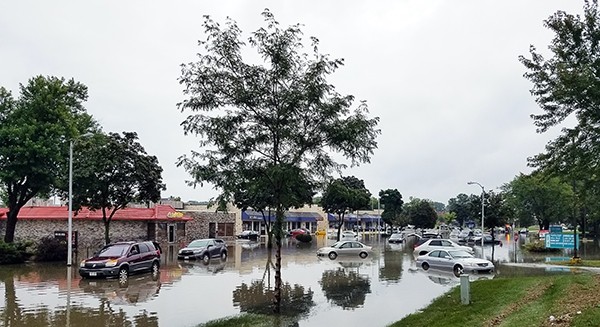The EPA invites state and local professionals involved with disasters in different capacities to share their experiences and the needs of their community regarding on-the-ground disaster waste decision-making through the Disaster Waste Management Study. Researchers would like to hear about experiences with on-the-ground decision-making regarding disaster-related debris/waste (including preparedness or recovery) in various disasters (e.g., tornadoes, floods, wildfires, oil spills, etc.) and types of waste (including hazardous household waste, vegetative debris, construction waste, animal carcasses, etc.).
Researchers are looking to understand what social conflicts may occur in the decision-making process during and after a disaster. Specifically, they want to understand how debris and waste are sorted, staged, and transported in disaster contexts, as well as how final disposal and/or recycling decisions are made in the field. Researchers are interested in learning more about who is involved in these processes and how coordination between agencies and organizations occurs in different types of disasters.
This study will help inform the development of resources at the federal level that can contribute to capacity-building for improved future disaster waste management, and improvement in coordination among federal, Tribal, state, and local efforts.
Volunteers can choose to participate in either a 90-minute virtual focus group with other emergency response staff or a 60-minute virtual one-on-one interview with the researchers. Focus groups and interviews are being scheduled throughout the Winter 2021 and Spring 2022.
Learn more about the study or contact Keely Maxwell ([email protected]) or Marissa Matsler ([email protected]) with any questions or to suggest participants for this study.






